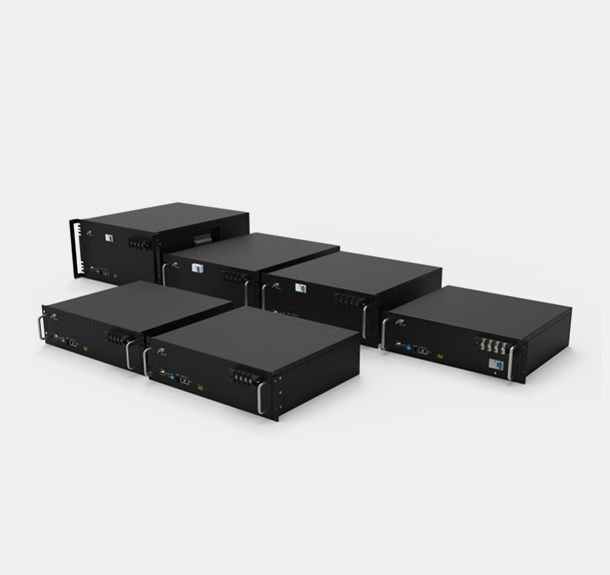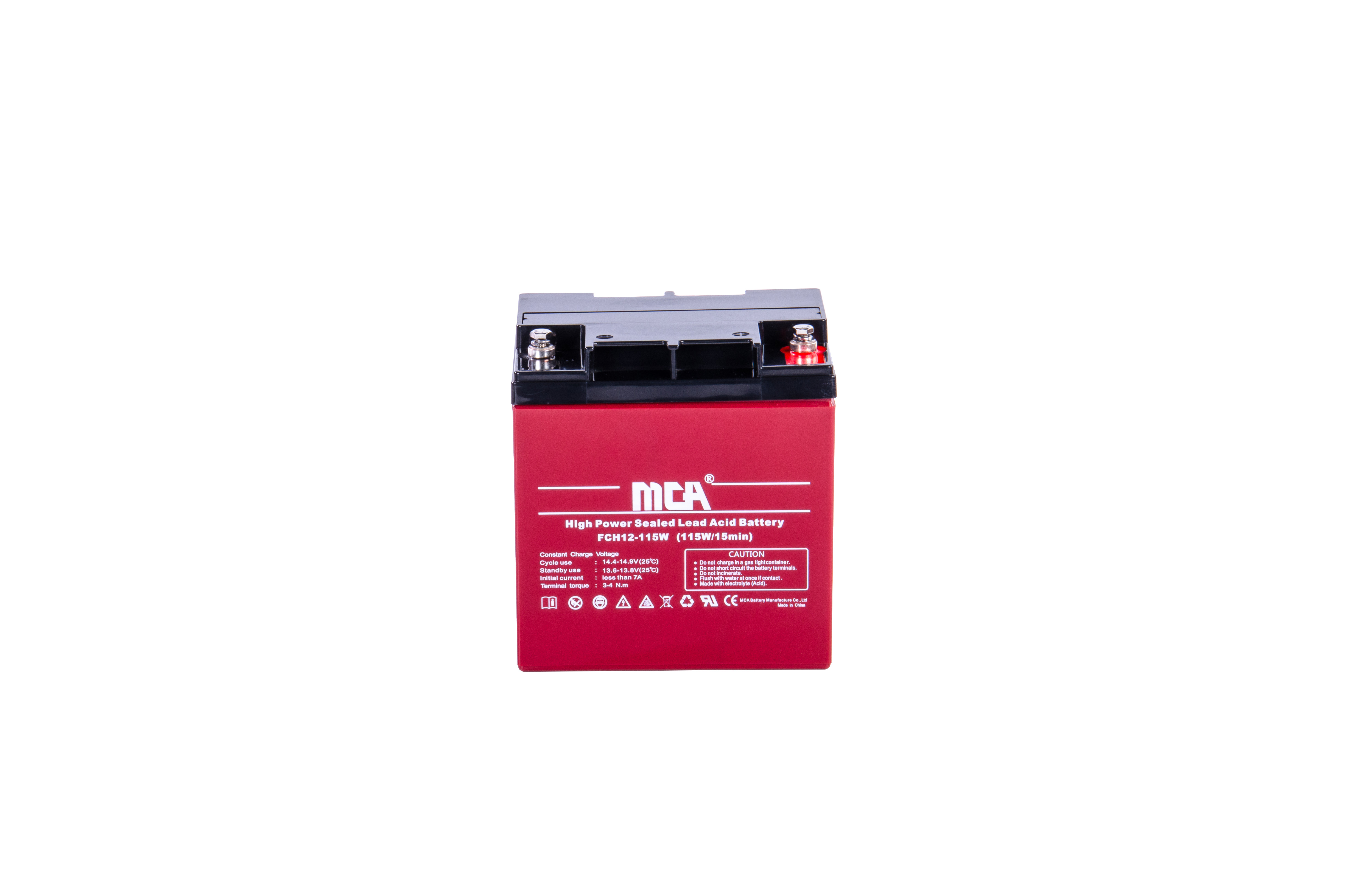03
2025
-
11
Maximizing Efficiency: The Advantages of Rack Mounted Lithium Batteries for Modern Electrical Systems
Rack mounted lithium batteries represent a significant advancement in energy storage technology, particularly suited for environments requiring efficient, space-saving solutions. These batteries are designed to be installed in standard server racks, making them an ideal choice for data centers, telecommunications, and industrial applications where space is at a premium. The modular design allows for easy scalability; systems can be expanded or reduced based on specific energy demands, providing flexibility that traditional battery systems often lack.
One of the key benefits of rack mounted lithium batteries is their high energy density. Compared to traditional lead-acid batteries, lithium batteries store more energy in a smaller footprint, thereby reducing the overall space needed for energy storage. This high energy density translates to longer runtimes for equipment and extended lifecycle, making them a cost-effective choice over time.
Moreover, rack mounted lithium batteries offer faster charging and discharging capabilities. This characteristic is particularly advantageous in applications where uptime is critical. The ability to quickly replenish energy supports the continuous operation of essential systems, such as servers and other critical infrastructure, ensuring that power outages or surges do not disrupt operations.
Safety is another vital consideration when it comes to energy storage solutions. Rack mounted lithium batteries are equipped with advanced battery management systems (BMS) that monitor the health and performance of the battery, ensuring optimal safety and longevity. These systems actively manage charging cycles, temperature, and other critical parameters, reducing the risks associated with battery failure.
In terms of environmental impact, rack mounted lithium batteries are often more sustainable than their traditional counterparts. They typically have a longer lifespan and can often be recycled more effectively, contributing to a reduced carbon footprint for businesses committed to sustainability.
When integrating rack mounted lithium batteries into existing systems, professionals should consider factors such as compatibility with existing infrastructure, total power requirements, and long-term maintenance needs. Proper installation and regular monitoring are critical to ensure that these systems perform at their best.
In conclusion, rack mounted lithium batteries are revolutionizing energy storage in various sectors. Their compact design, high energy density, rapid charging capabilities, and built-in safety features make them a compelling choice for modern electrical systems. By leveraging these advanced batteries, professionals can achieve greater operational efficiency and reliability in their energy management strategies.
One of the key benefits of rack mounted lithium batteries is their high energy density. Compared to traditional lead-acid batteries, lithium batteries store more energy in a smaller footprint, thereby reducing the overall space needed for energy storage. This high energy density translates to longer runtimes for equipment and extended lifecycle, making them a cost-effective choice over time.
Moreover, rack mounted lithium batteries offer faster charging and discharging capabilities. This characteristic is particularly advantageous in applications where uptime is critical. The ability to quickly replenish energy supports the continuous operation of essential systems, such as servers and other critical infrastructure, ensuring that power outages or surges do not disrupt operations.
Safety is another vital consideration when it comes to energy storage solutions. Rack mounted lithium batteries are equipped with advanced battery management systems (BMS) that monitor the health and performance of the battery, ensuring optimal safety and longevity. These systems actively manage charging cycles, temperature, and other critical parameters, reducing the risks associated with battery failure.
In terms of environmental impact, rack mounted lithium batteries are often more sustainable than their traditional counterparts. They typically have a longer lifespan and can often be recycled more effectively, contributing to a reduced carbon footprint for businesses committed to sustainability.
When integrating rack mounted lithium batteries into existing systems, professionals should consider factors such as compatibility with existing infrastructure, total power requirements, and long-term maintenance needs. Proper installation and regular monitoring are critical to ensure that these systems perform at their best.
In conclusion, rack mounted lithium batteries are revolutionizing energy storage in various sectors. Their compact design, high energy density, rapid charging capabilities, and built-in safety features make them a compelling choice for modern electrical systems. By leveraging these advanced batteries, professionals can achieve greater operational efficiency and reliability in their energy management strategies.
Relevant News









